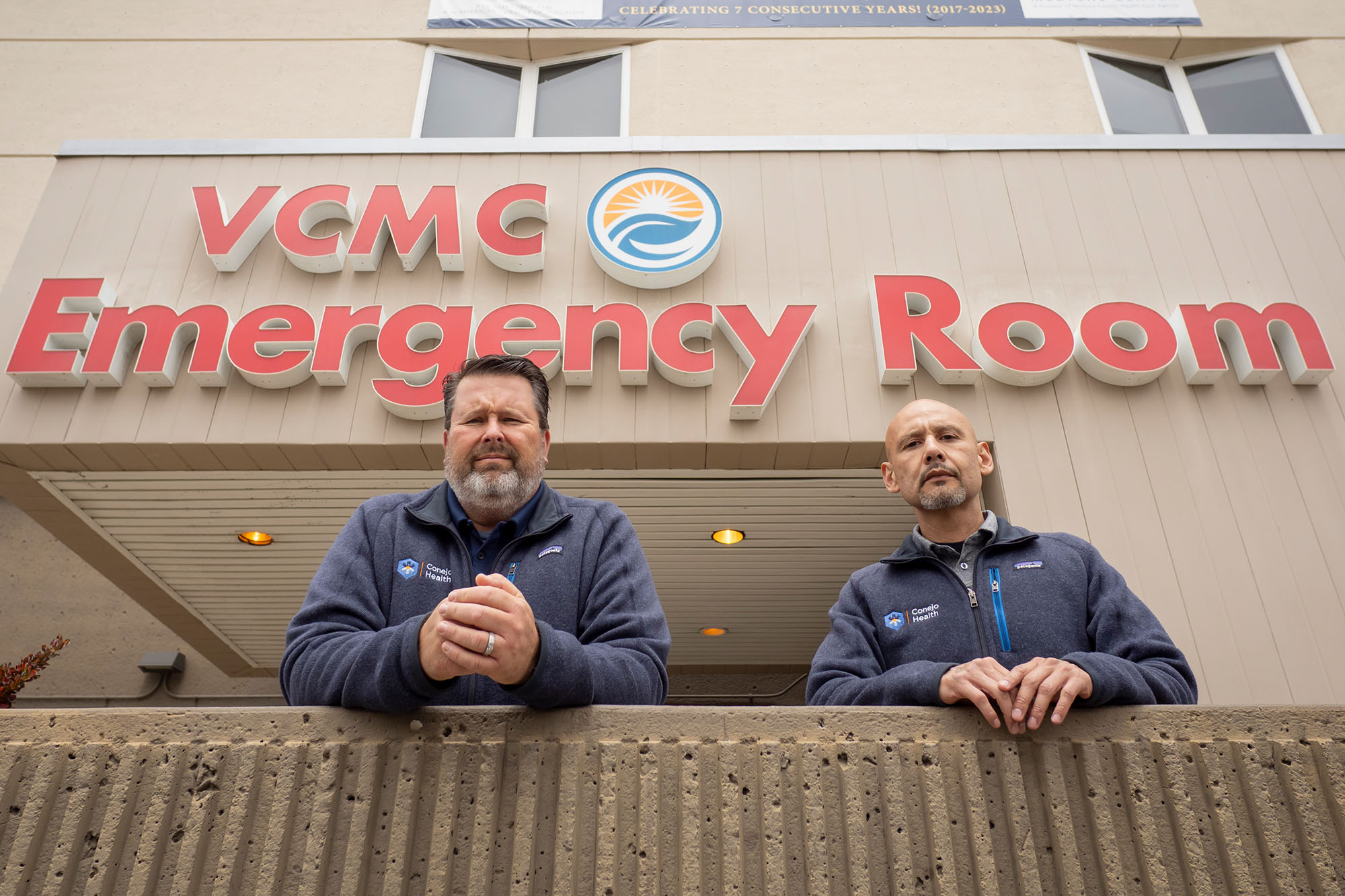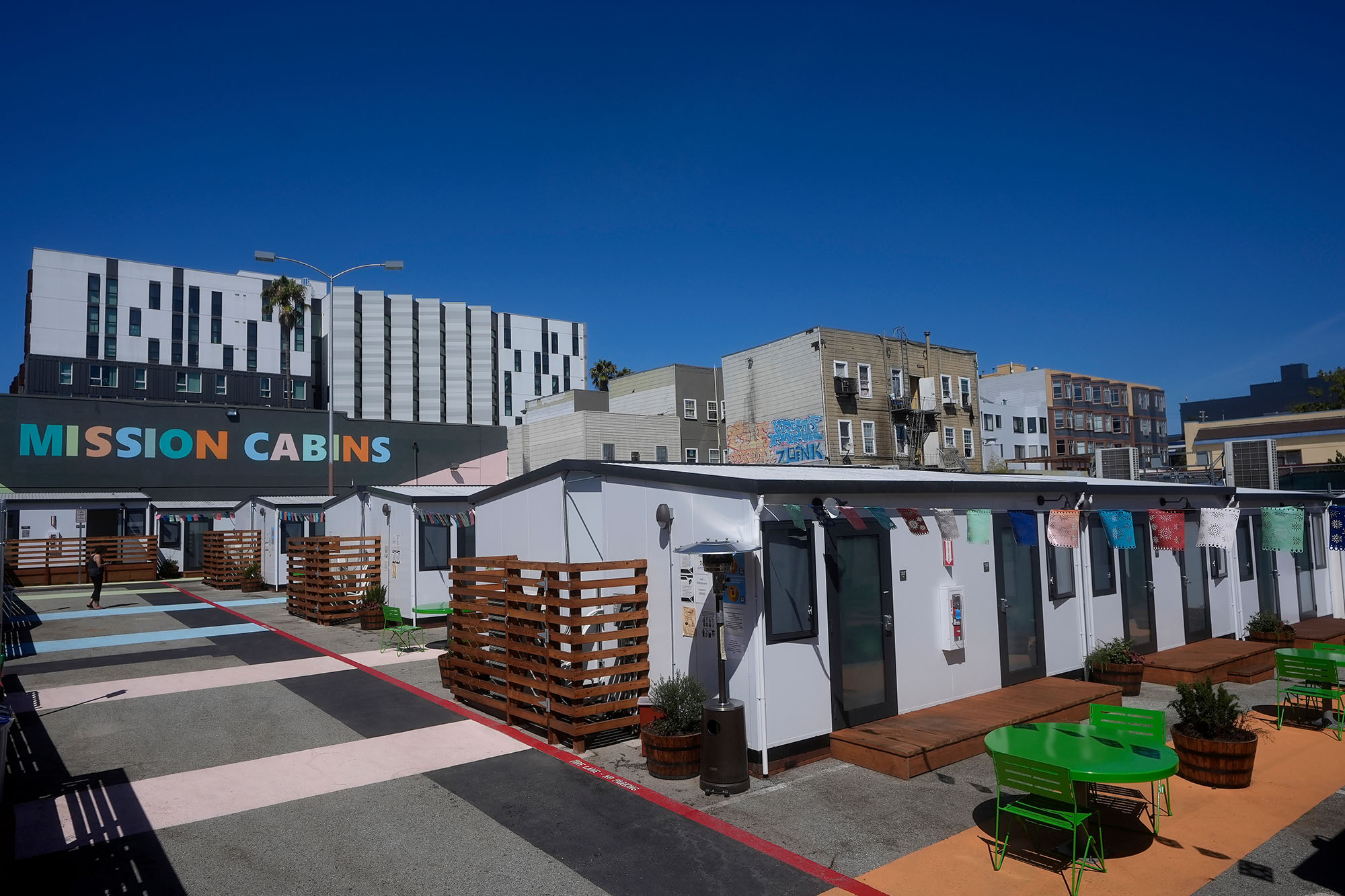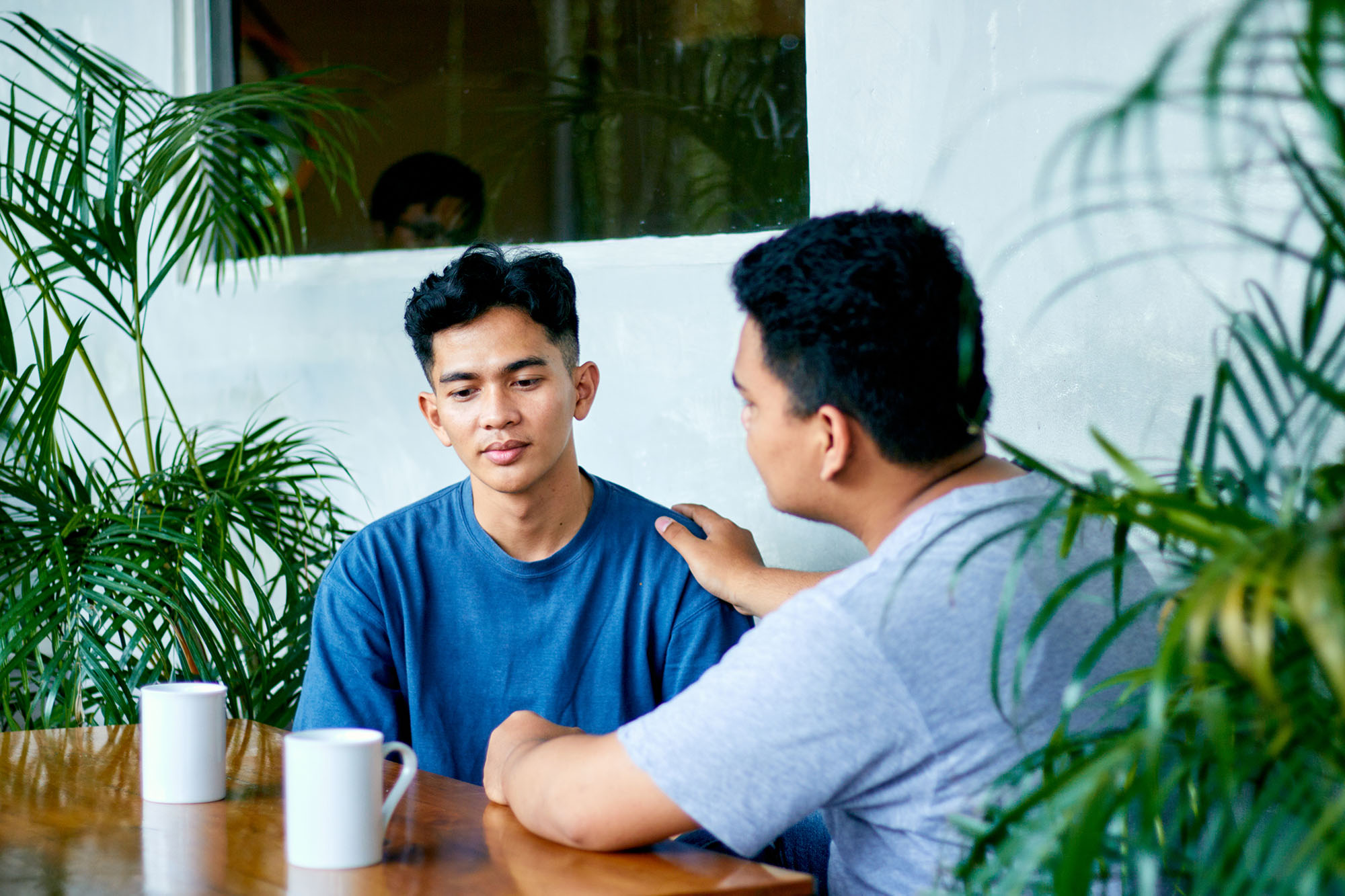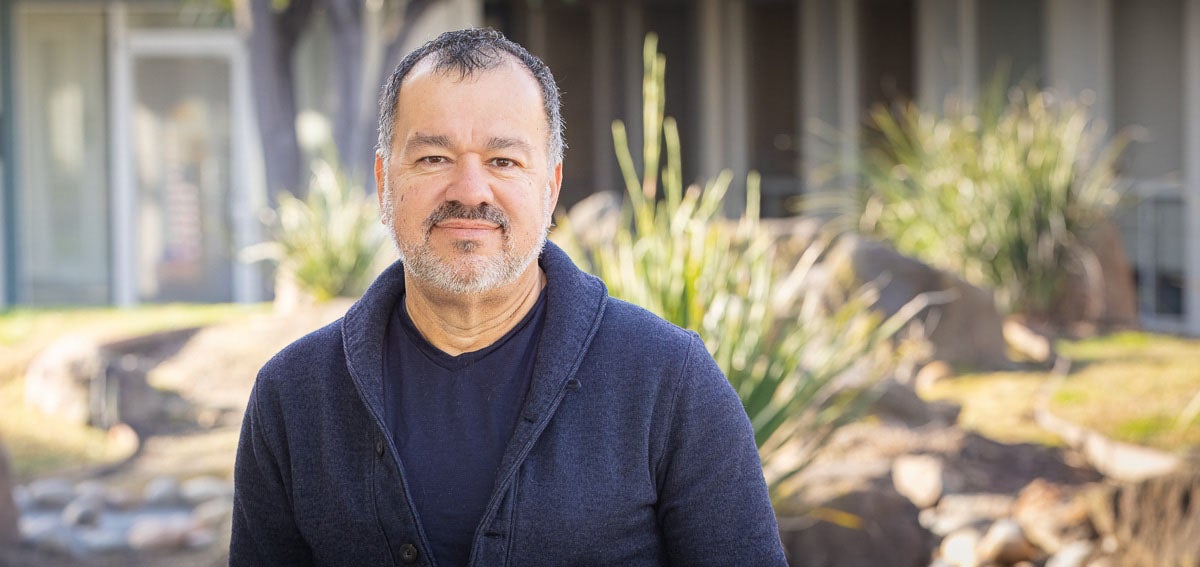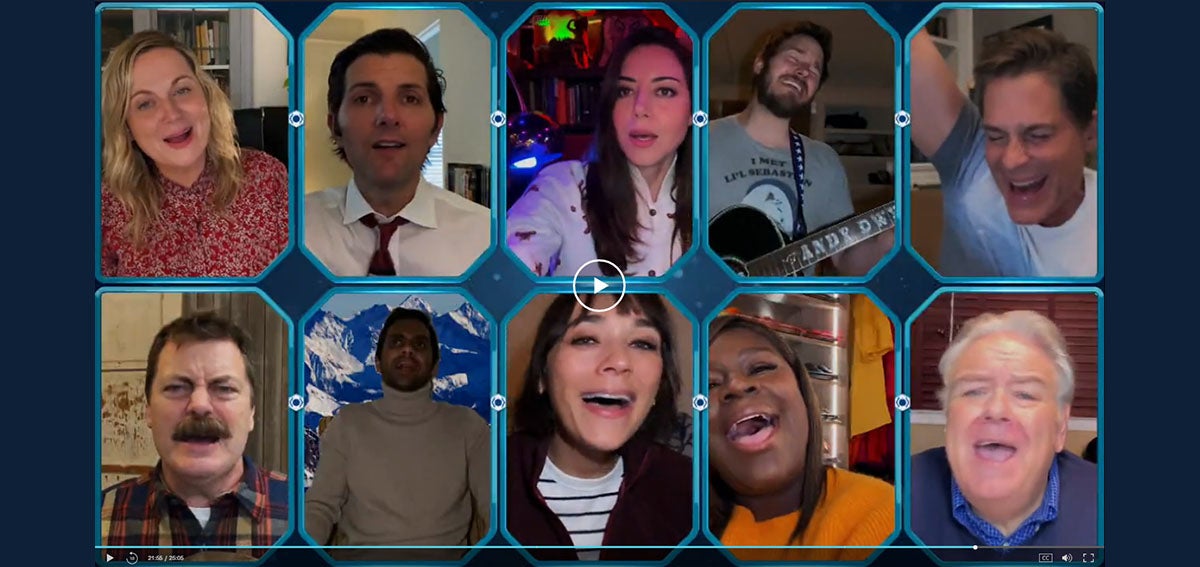

The COVID-19 crisis has stunned the nation with medical trauma that has unfolded on an unimaginable scale. A vaccine or treatment may come along that halts the pandemic’s remorseless progress, but the damage done to our psyches may be with us for a long, long time.
The data show that living under the threat of infection by the novel coronavirus is taking a toll. A recent KFF health tracking poll found that 56% of US adults reported that worry or stress related to the coronavirus outbreak was affecting their mental health in a negative way. In the May 8 CHCF/Ipsos California tracking poll, roughly one in five said their mental health had gotten “a little” or “a lot” worse in the preceding seven days.
“Self-quarantine can create a lot of anxiety,” said Ben Wyatt, a character played by Adam Scott on the NBC-TV show Parks and Recreation, in a reunion special that was released on April 30. “It’s important that we keep in touch with friends, go on walks with loved ones, maybe explore a creative side.” Scott’s fictional character gave us a wise and authentic prescription.
According to Lindsey Antin, a licensed marriage and family therapist, anxiety is “an unrealized fear that thrives in uncertainty and other vague circumstances.” In this very unsettled time, many of us are feeling overwhelmed or sad, having a hard time making decisions, or dropping all the dishes.
That’s okay. As Stephanie Foo wrote in Vox, “You’re not losing your mind. Your brain is simply trying to protect you. Fear floods your brain with stress chemicals . . . [which] reduce activity in your prefrontal cortex, the part of your brain that processes logical thinking, decision-making, and moderation.”
To support Californians during this unprecedented health and economic crisis, the California Department of Public Health and the office of Governor Gavin Newsom put together a list of emotional support resources, including crisis hotlines and mental health services.
Across California, providers have adapted to COVID-19 by moving their clinical practices to video or phone, and there has been an explosion of ideas for mental health self-care. Here are some ideas we’ve found to be helpful for coping with stress and negative emotions.
Online and on TV
“How are we going to get through this [pandemic] without losing our minds?” asked Andy Slavitt, President Barack Obama’s acting administrator of the Centers for Medicare & Medicaid Services, in the trailer for his coronavirus podcast In the Bubble with Andy Slavitt.
In the early days of the coronavirus response, Slavitt and 15 other US health care leaders, including CHCF’s Sandra R. Hernández, authored an op-ed in USA Today urging Americans to stay home and save lives. More recently, comedian Tina Fey joined his podcast to discuss the importance of humor as a way to handle difficult or scary situations.
“It’s a coping mechanism, and to find something to laugh about doesn’t negate your empathy or your understanding of all the dark things that are happening,” Fey said. “Sometimes what makes you angry or what scares you can be a great source of comedy, because it comes from such a real place.”
That may be why the writers of Parks and Recreation decided to reunite the show’s characters in a special episode geared to our socially distanced present. The episode drove home the message that “friendship is not just a nice thing that generates laughs but an essential ingredient of a functioning society,” wrote James Poniewozik, chief television critic for the New York Times.
In the episode, Leslie Knope, played by Amy Poehler, and her husband, Ben, connect with friends via videoconferencing. It’s a funny, sweet reminder that staying at home is one way we show loved ones and strangers that we care and that social connection is essential for emotional health.
For younger audiences, a special episode of Sesame Street broadcast on April 14 tackled the COVID-19 health crisis with help from actors Lin-Manuel Miranda, Tracee Ellis Ross, and Anne Hathaway. “Seeing familiar Sesame Street characters adapting their lives to living safely — and cheerfully — during the pandemic is a way of setting a tone so that families can do the same together,” wrote Ryan Prior for CNN.
You Had Me at “Hello”
Now is the time to prioritize social connection even though it’s limited to phone or video calls. “Any connection is better than no connection,” said Jonathan Kanter, director of the Center for the Science of Social Connection at the University of Washington, in Newswise. “Let people know how much you care about them — you’ll feel better for doing so.”
This is a good time to reach out to the older adults, including neighbors. A significant proportion of older adults report feeling lonely — according to a National Academies of Sciences, Engineering, and Medicine consensus study report, 43% of US adults over age 60 say they feel lonely.
Knowing that everyone is coping in different ways, you might not feel comfortable starting a conversation by asking, “Hi, how are you?” Linguistics experts gave Atlantic writer Ashley Fetters some alternative greetings, including, “What’s your day been like so far?” or “Are you holding up okay?” or “What’s been on your mind lately?”
And social connection goes beyond catching up with friends and family. Volunteering and helping others can make our lives meaningful and deepen our connections to others, Emily Esfahani Smith wrote in the New York Times. “When people do things that make them happy, like playing games or sleeping in, they feel better — but those feelings fade fast.” On the other hand, when people search for meaning by running errands for people with compromised immune systems or distributing meals to children whose schools are closed, they report feeling more “enriched” and “part of something greater than myself.”
Change the Channel
What we know about the coronavirus seems to be changing by the day, and it’s important to stay informed — but only up to a point, Tara Brach, a clinical psychologist and mindfulness expert, told Sigal Samuel in Vox. We need “to know how to turn away from our screens. . . . What the news will do is keep on agitating us,” she said.
In a recent Boston University School of Public Health webinar on media and COVID-19, Roxane Cohen Silver, professor of psychological science, medicine, and public health at the University of California, Irvine, said four or more hours of daily TV exposure in the week after the 9/11 attacks was associated with post-traumatic stress symptoms and new-onset physical health problems two to three years later.
The American Psychological Association reported that “after the Boston Marathon bombings, acute stress symptoms were highest among people who reported the most media exposure, even when compared to people who were at the site of the bombings.”
Instead of overconsuming media in these stressful times, Silver recommends limiting repetitious exposure to the news, being selective about media sources, and monitoring the amount of exposure. Brach said that “walking in nature and taking in beauty; talking to people and feeling our shared vulnerability and connectedness; and doing a lot of meditating” has helped her regulate emotions.
Be Good to Yourself
Practicing self-compassion and forgiveness can help us navigate the uncertainties and fears created by living through a pandemic. The “urge to overachieve, even in times of global crisis, is reflective of America’s always-on work culture,” wrote Taylor Lorenz in the New York Times.
But while people juggle jobs, look for employment, care for children and other family members, cook, clean, cook, and clean without panicking, it’s fine to not get everything done. “It’s tough enough to be productive in the best of times, let alone when we’re in a global crisis,” Chris Bailey, a productivity consultant, told Lorenz. “We’re home because we have to be home, and we have much less attention because we’re living through so much.”
Authors & Contributors


